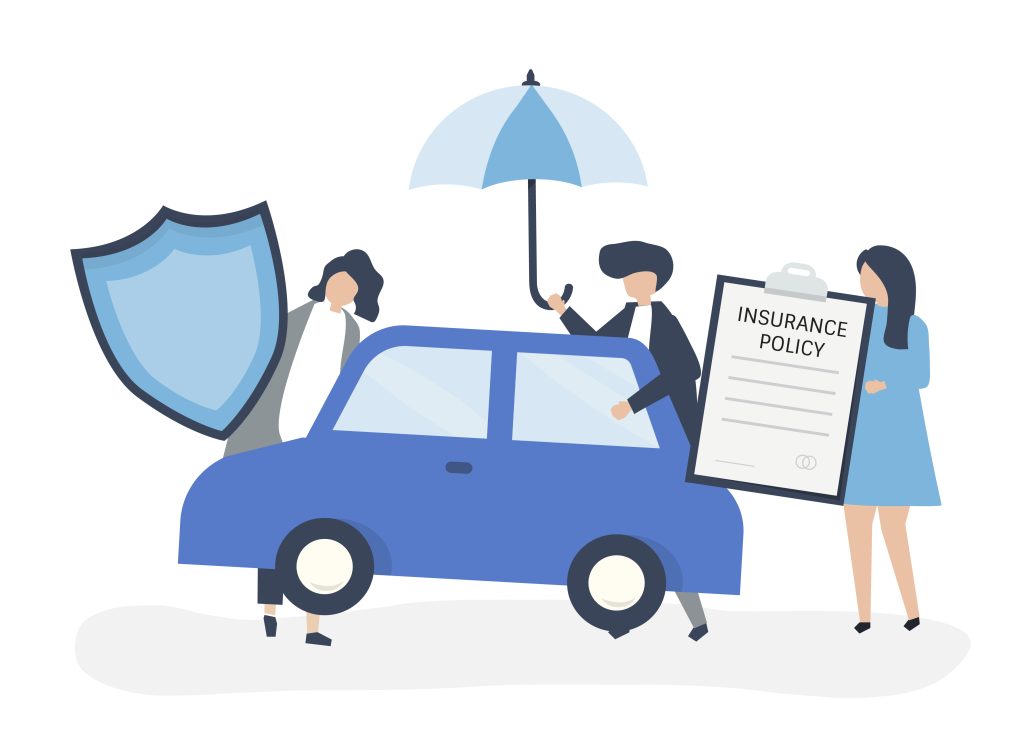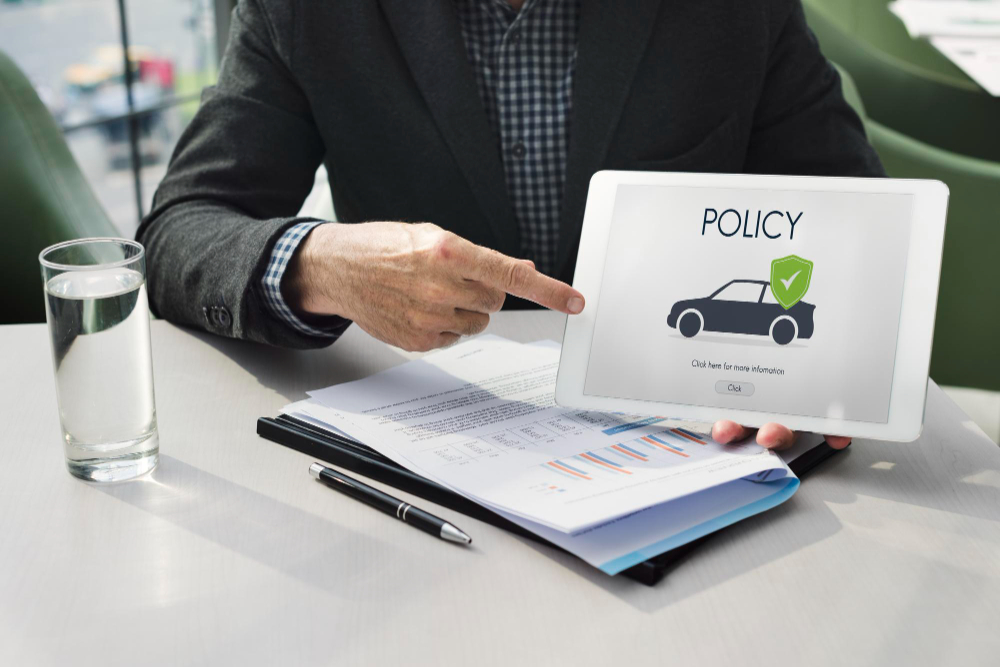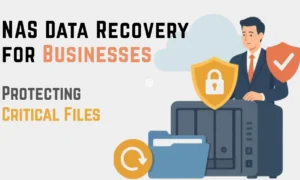When it comes to buying car insurance for used cars, there are several factors to consider. Whether you’re a first-time car owner or an experienced driver, it’s important to have the right coverage in place to protect yourself and your vehicle. Know the Complete Process of buying car insurance for second-hand cars, providing you with the knowledge and tools to make an informed decision. From understanding policy terms to finding the best rates, we’ve got you covered.
Types of Car Insurance Coverage For Second-hand Cars

Car insurance coverage provides financial protection in case of accidents, theft, or damage to your vehicle. Understanding the different types of coverage available is crucial for selecting the right policy.
1. Liability Coverage
Liability coverage is the most basic and mandatory type of car insurance. It protects you from financial responsibility if you cause an accident that results in bodily injury or property damage to others.
2. Collision Coverage
Collision coverage provides compensation for repairs or replacement of your vehicle in the event of a collision, regardless of who is at fault. It is especially important if you have a newer or more valuable car.
3. Comprehensive Coverage
Comprehensive coverage protects your vehicle against damage caused by events other than collisions, such as theft, vandalism, fire, or natural disasters. It is essential for safeguarding your investment.
4. Personal Injury Protection (PIP)
Personal Injury Protection (PIP) coverage pays for medical expenses, lost wages, and other related costs resulting from injuries sustained in a car accident, regardless of fault. It provides additional coverage beyond liability insurance.
5. Uninsured/Underinsured Motorist Coverage
Uninsured/underinsured motorist coverage protects you if you’re involved in an accident with a driver who doesn’t have insurance or has insufficient coverage. It helps cover your medical expenses and property damage.
6. Gap Insurance
Gap insurance covers the difference between the actual cash value of your vehicle and the remaining balance on your car loan or lease. It can be valuable if your car is totaled or stolen, preventing you from being upside down on your loan.
Factors to Consider When Buying Car Insurance for Used/ Second Cars

Car insurance is not just a legal requirement; it’s an essential financial protection for car owners. Accidents can happen anytime, and having the right coverage can save you from significant financial losses. Car insurance provides coverage for damages caused by accidents, theft, vandalism, and other unforeseen events. It also offers liability protection if you’re at fault for an accident and someone else gets injured or their property gets damaged.
1. Determining Your Insurance Needs
Before you start shopping for car insurance, it’s important to assess your insurance needs. Consider factors such as the value of your second-hand car, your budget, and your driving habits. Determine the level of coverage you require and any additional coverage options you might need, such as roadside assistance or rental car reimbursement.
2. Researching Insurance Providers
Not all insurance providers are created equal, so it’s crucial to research and compare different companies before making a decision. Look for insurers with a good reputation, strong financial stability, and positive customer reviews. Consider factors like the company’s claim settlement process, customer service, and coverage options. Use online comparison tools to get quotes from multiple insurers and compare their rates and coverage terms.
3. Policy Terms and Coverage Options
Car insurance policies can be complex, with various terms and coverage options. It’s important to understand the different types of coverage available, such as liability coverage, collision coverage, comprehensive coverage, uninsured/underinsured motorist coverage, and personal injury protection (PIP). Familiarize yourself with the policy terms, limits, deductibles, and exclusions, as these can significantly impact your coverage and claims process.
4. Evaluating Deductibles and Premiums
Deductibles and premiums are essential components of car insurance policies. A deductible is the amount you pay out of pocket before your insurance coverage kicks in. Higher deductibles generally result in lower premiums but require you to pay more in the event of a claim. Evaluate your budget and risk tolerance to determine the optimal deductible amount. Compare premiums from different insurers to find the best balance between cost and coverage.
5. Utilizing Discounts and Savings Opportunities
Insurance companies offer various discounts and savings opportunities that can help reduce your premiums. Common discounts include safe driver discounts, multi-policy discounts, low mileage discounts, and good student discounts. Inquire about available discounts when obtaining quotes from different insurers. Additionally, maintaining a clean driving record and taking defensive driving courses can help lower your insurance costs.
6. Considering the Value of Your Old Car
The value of your Old car determines your insurance coverage. If your car has a low market value, you might consider dropping collision or comprehensive coverage to save on premiums. However, if you still owe money on your car loan or if the car holds sentimental value, it may be wise to maintain comprehensive coverage. Evaluate the pros and cons based on your unique situation.
7. Claims Process
Knowing how the claims process works can save you time and frustration in the event of an accident. Familiarize yourself with your insurance company’s claims reporting process, including contact information and required documentation. Keep records of any accidents, damages, or injuries and promptly report them to your insurer. Follow the instructions provided by your insurer and cooperate fully during the claims investigation.
8. Shopping for Insurance Online
The internet has made it easier than ever to shop for car insurance. Take advantage of online resources to compare quotes, research providers, and obtain policy information. Many insurance companies have user-friendly websites that allow you to request quotes, purchase coverage, and manage your policy online. Be cautious when sharing personal information and only provide it to reputable insurance companies.
FAQs
Car insurance rates for used cars are influenced by factors such as the car’s make and model, age, mileage, location, driver’s age and gender, driving record, and credit score. Insurance companies assess these factors to determine the risk level associated with insuring a particular vehicle and driver.
In most cases, you can transfer your existing car insurance policy to a second car. Contact your insurance company and provide them with the necessary details of the new vehicle. They will guide you through the process and make any adjustments to your policy as needed.
While opting for the minimum required car insurance coverage might seem tempting to save money, it may not provide adequate protection in the event of an accident. Consider the value of your car, your financial situation, and the potential risks involved. It’s often advisable to opt for higher coverage limits to protect yourself and your assets.
Yes, you can switch insurance companies if you’re unhappy with your current provider. Before making the switch, research and compare different insurers to find one that offers better coverage and rates. Ensure that you have a new policy in place before canceling your existing one to avoid any coverage gaps.
There are several ways to lower your car insurance premiums for an older car. Maintain a clean driving record, choose a higher deductible, bundle your policies, take advantage of available discounts, and consider installing safety features in your vehicle. Additionally, periodically reviewing your coverage and comparing quotes from different insurers can help you find better rates.
If you’re having difficulty affording car insurance for your used car, there are options available. Explore state-sponsored insurance programs, inquire about low-income auto insurance options, and consider adjusting your coverage to meet your budgetary constraints. Remember, driving without insurance is illegal and can lead to severe penalties.
Conclusion
Buying car insurance for used cars requires careful consideration and research. By understanding your insurance needs, comparing providers, and evaluating coverage options, you can find the right policy that offers the protection you need at a price you can afford. Review your policy periodically and make adjustments as necessary to ensure ongoing coverage that meets your changing needs. With the information provided in this guide, you’re now equipped to navigate the car insurance market confidently.
































































